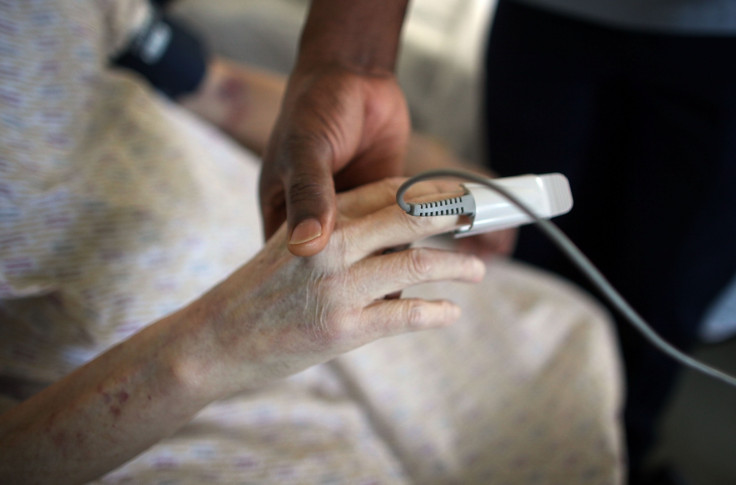Families talking to coma victims 'significantly speeds recovery'

Families of coma victims can "significantly" speed recovery and help awaken their unconscious brain by talking to them, scientists have discovered.
Researchers at the Northwestern Medicine and Hines VA Hospital in Chicago showed that telling traumatic brain injury patients familiar stories four times per day for six weeks led to faster and improved recovery compared to patients who did not hear stories.
The stories were played to the victims through headphones and had been recorded by parents and siblings.
Published in the journal Neurorehabilitation and Neural Repair, lead author Theresa Pape said they believe hearing the voices helps exercise the circuits in the brain responsible for long-term memories, and that this simulation helps trigger awareness.
This leads the patients to wake more easily, become aware of their environment and start responding to directions and conversations.
"It's like coming out of anesthesia," Pape said. "It's the first step in recovering full consciousness. After the study treatment, I could tap them on the shoulder, and they would look at me. Before the treatment they wouldn't do that."
The study involved 15 patients – 12 men and three women – with traumatic closed head injuries. On average, treatment started 70 days after injury. The authors started by testing how responsive they were to sensory information to provide a benchmark to see if they had improved after six weeks.
Families recorded stories about memorable events, such as weddings or holidays, including information about the sensations, temperatures and movements.
They also had non-family members read the stories to see if there was a difference. Findings showed the patients were better able to process the information from a familiar voices.
Pape said recording and playing stories is something all families can do for coma victims: "This gives families hope and something they can control."
© Copyright IBTimes 2024. All rights reserved.






